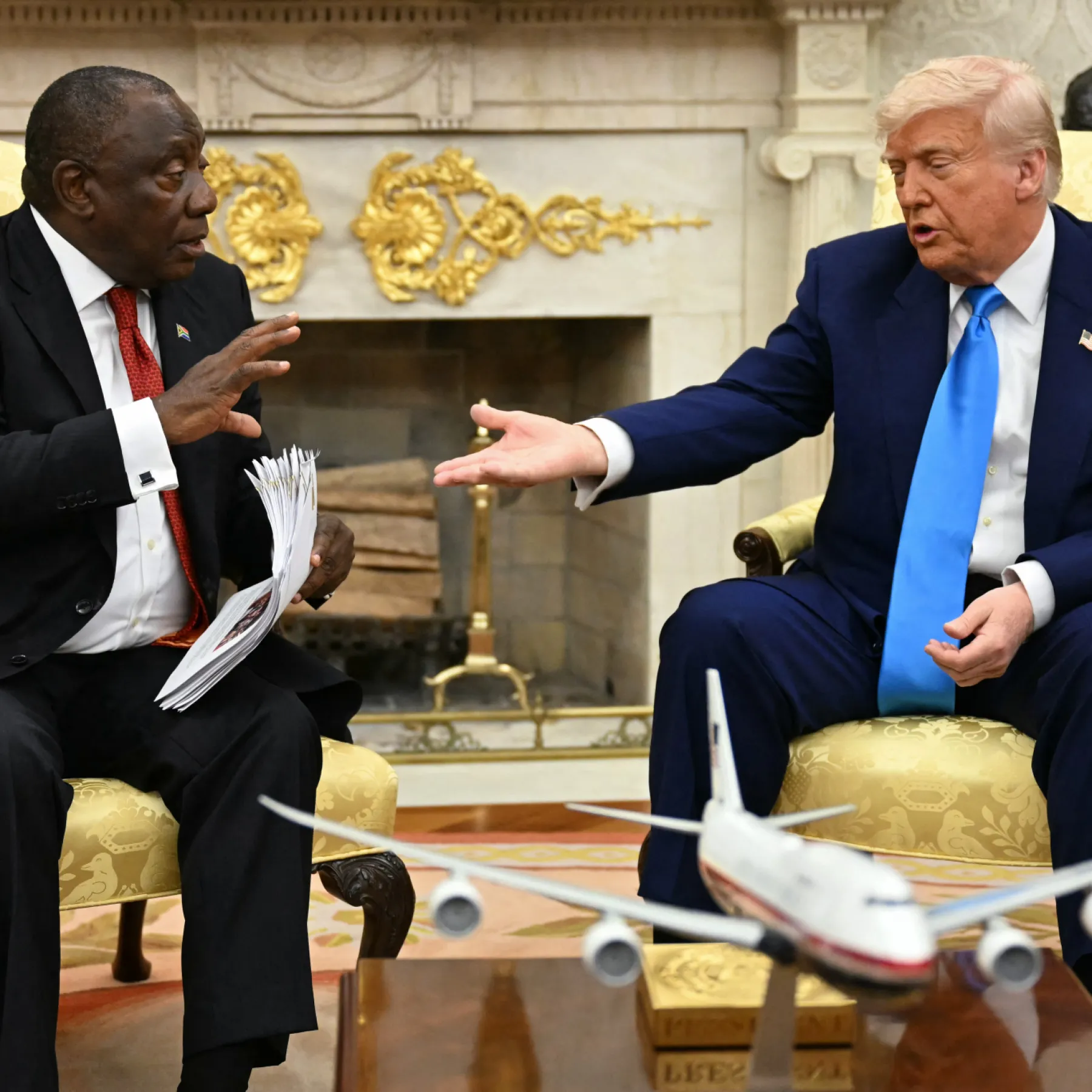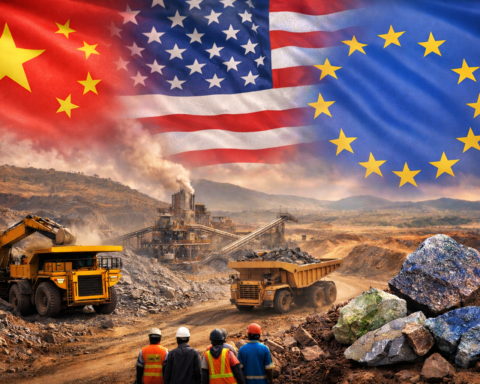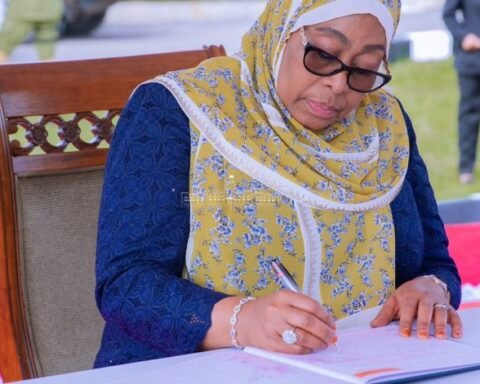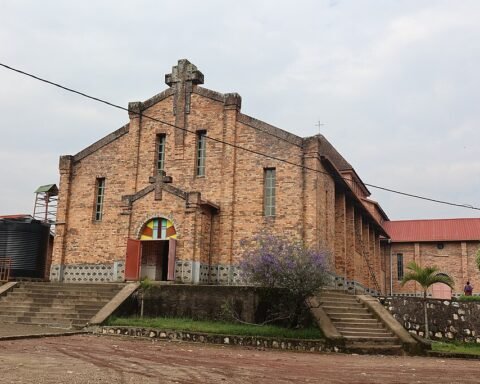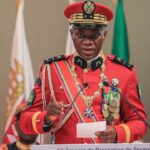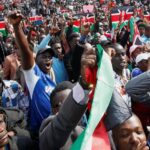South African President Cyril Ramaphosa arrived in Washington on Wednesday with a clear mission: to recalibrate his country’s increasingly strained relationship with the United States.
At the center of the tension is U.S. President Donald Trump’s criticism of South Africa’s land reform policy, as well as his administration’s response to the country’s legal stance against Israel at the International Court of Justice (ICJ). These issues have seen Washington cancel aid, expel South Africa’s ambassador, and offer refugee protections to a group of white South Africans — a move that Pretoria describes as racially motivated and based on “unfounded claims.”
Speaking on South African Broadcasting Corporation (SABC) before boarding his flight, Ramaphosa emphasized the need for dialogue. “Whether we like it or not, we are joined at the hip and we need to be talking to them,” he said, alluding to the deep economic and strategic ties between the two nations.
The stakes are significant. The United States remains South Africa’s second-largest trading partner after China, and recent aid cuts have already had tangible effects—particularly in critical health sectors like HIV testing.
To rebuild bridges, Ramaphosa is expected to propose a broad trade agreement during his talks with Trump. A spokesperson from South Africa’s trade ministry confirmed the plan but declined to share specific terms, noting that negotiations are ongoing.
For Trump, the discussions are likely to center on what the White House refers to as “racial requirements” in South Africa’s business sector. These include long-standing policies such as Black Economic Empowerment (BEE), which require companies, particularly in key industries like mining and telecommunications, to allocate at least 30% of equity to historically disadvantaged South Africans.
Also Read; US-China Trade Talks Signal Possible Reset
While controversial in some quarters, the South African government insists these reforms are essential for addressing the deep socio-economic imbalances left by apartheid, a policy of racial segregation that ended in the early 1990s.
President Trump has also expressed concern over what he describes as the “targeting” of white South African farmers, a claim that has gained traction in some conservative U.S. circles but has been widely debunked by fact-checkers and South African authorities.
As the leaders prepare for face-to-face talks, diplomats say both sides are aware of the delicate balance needed to reset ties. “There’s a lot of mutual interest, but also growing mistrust,” said a senior official familiar with the preparations.
With trade, human rights, and geopolitical alliances all on the table, the outcome of this high-stakes meeting could redefine U.S.–South Africa relations for years to come.

